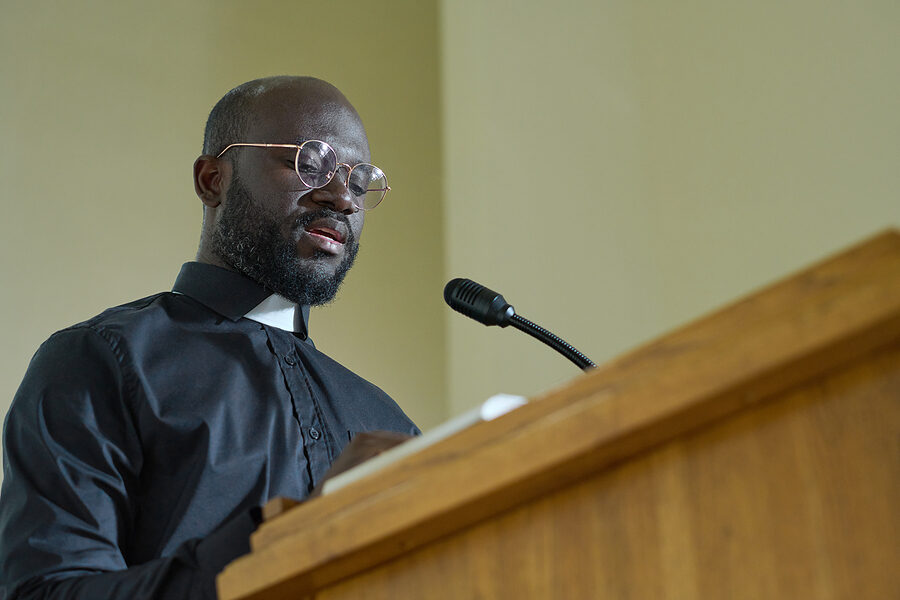
The Power of Spoken Word in Shaping Congregational Culture
The Divine, Church, and Discipleship
Whenever you communicate the faith, you say something about God, the church, and discipleship. Whether you think you are or not. Remember the last sermon or devotional you preached or heard to understand better how your words can have transformational power. Your words have an impact on how the congregation sees themselves and God. You should strive to use language that speaks to your congregants, affirms them, and challenges them towards growth in their faith.
The Role of Spoken Words in Congregational Culture
Communication is the most fundamental tool through which leaders and congregants establish relationships, build trust, and foster connection within the congregation. The way language is used can be powerful in uplifting and motivating the congregation or can bring it down and create division. Many may not imagine the weight of their spoken words and how they influence their congregational culture. Spoken words can shape collective thought, inspire change, and motivate the group to act decisively toward certain values, beliefs, and practices.
How to Use Words to Foster a Positive Culture
Using words that foster positive culture requires knowing your audience. Leaders must know the language used and how it affects their congregation. Here are some tips for communicating with your congregation:
- Connect powerfully by listening first – understand your congregation before responding and build meaningful connections between leaders and followers. To establish powerful connections, it is essential to prioritize listening. Before responding, take the time to understand your congregation truly. Doing so can bridge any existing divides and foster open dialogue through attentive listening and interconnected communications. Embrace the foundation of relationship building by showing genuine curiosity about who they are and how their daily environment operates. This approach enables effective communication and strengthens the bonds between leaders and followers.
- Master the art of pace – strike the perfect balance between words and silence, giving people time to process your message. Taking a momentary pause can greatly enhance the effectiveness of your message. Mastering the art of pacing and striking the right balance between speaking and silence allows your words to sink in. The speed at which you convey your thoughts can significantly influence how they resonate with others, potentially leading to lasting impressions and driving change. Finding that perfect middle ground bridges communication gaps and allows listeners to absorb and process what you’re saying. So, remember to choose your words carefully and deliver them at the ideal pace.
- Speak with clarity and brevity – use words that resonate with everyone in your congregation, regardless of age or background. Brevity and clarity can help maintain fluency and focus. Choose your words with care. Make sure they all matter, each having purpose and power to ensure everybody feels something when you communicate. Crafting your language this way enables a connection across the entire room and sends messages into the hearts of those who need it most.
A positive environment is key to a healthy and productive congregation. Leaders must intentionally create welcoming, respectful spaces and foster positive communication.
I have seen countless leaders who have a heart for mission and who think strategically but have not yet had the opportunity to learn how to use their words in a way that shapes and strengthens their congregational culture. As leaders, it is our responsibility to be intentional with words chosen, and to strive for clarity of intention in everything that is communicated. In Creating a Culture of Renewal®, you are committed to helping church leaders find their voice and the power of your words. You equip leaders with communication skills that uplift and inspire. God’s message can be effectively conveyed in any congregation with the right words.
If you have a passion like me for effective communication, then let me invite you to my upcoming seminar, How Christian Ministries are Achieving Success: An Introduction to Creating a Culture of Renewal®. It will help you as a leader to use language to shape your congregational culture intentionally. I look forward to meeting you there!
Copyright © 2023 rebekahsimonpeter.com. All Rights Reserved.

